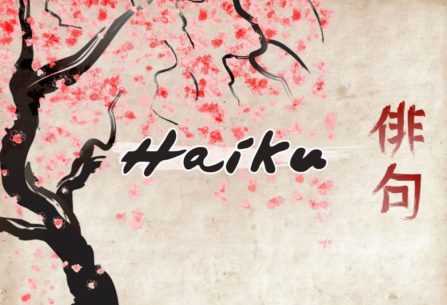Dunkirk NY – The fallout from the Houston Asstros sign-stealing debacle has been extensive. As spring training approaches, it will be interesting to see up close the fan reaction to the whole mess. So far we haven’t seen that, and won’t see it until we see the various signs that will appear in stadiums across the country as the season begins. The Asstros have hired Dusty Baker as their damage-control expert (can’t really call him a manager, since Houston is managed by analytics) to protect their players and re-build the team’s reputation. As of now they haven’t hired a GM.
I’m in the camp that believes the Asstros have been punished enough. There are a ton of “unwritten rules” in baseball, and this particular caper violated a whole lot of them. There will be things going on behind the scenes that the average fan will never see. Endorsements may be lost. A lot of the swagger may be lost. Anyone who ever pitched against the Asstros might be doing a little headhunting. All of this may possibly take its toll, and that is punishment enough in this game. We shall see.
I wish I knew what drives already talented and elite athletes to cheat. What is it about the makeup of a competitive pro athlete that makes winning so critical to their personality that they feel they have to cheat to get there? Why is the fun of the game, the love of the game, not sufficient? Why are the multi-million dollar salaries not enough reason to play the game fairly? I mean, essentially these are young men making shit-tons of money playing a sport, a game. Could it be that the values they learned while learning the game have warped them so badly that they feel no personal self-worth unless they win it all?
I do think our sports subculture (and by extension our American culture) of winning it all is probably at the root of this scandal, as no doubt it was during the steroid era. Getting an edge by any means possible simply seems to be the prevailing thought process. Morality and a sense of ethics does not appear to have any meaning at all in the 21st century. A generation of ballplayers (and again, by extension, American youth) has been raised, not with the notion of “do your best fair and square”, but rather “win at any cost, with any edge you can get.” This particular scandal is another one of those road markers that has as much to say about where we are heading as a society as it does about the game of baseball and sports in general. At this point in time, I think anyone who watches any sport at all has to assume that someone, somewhere, somehow, is cheating. It’s the new normal. -twl



